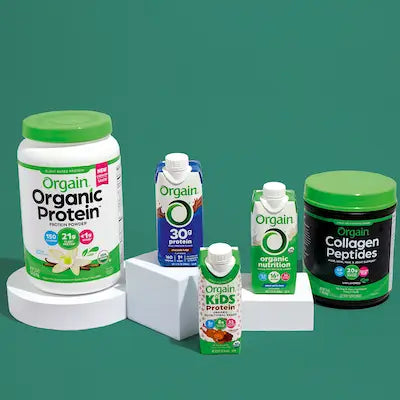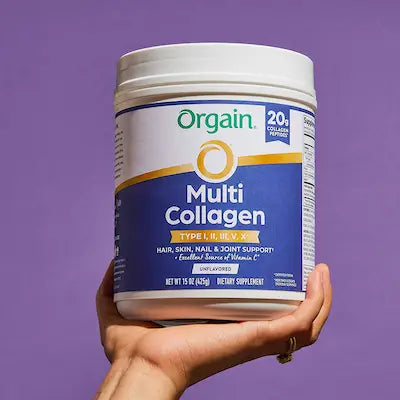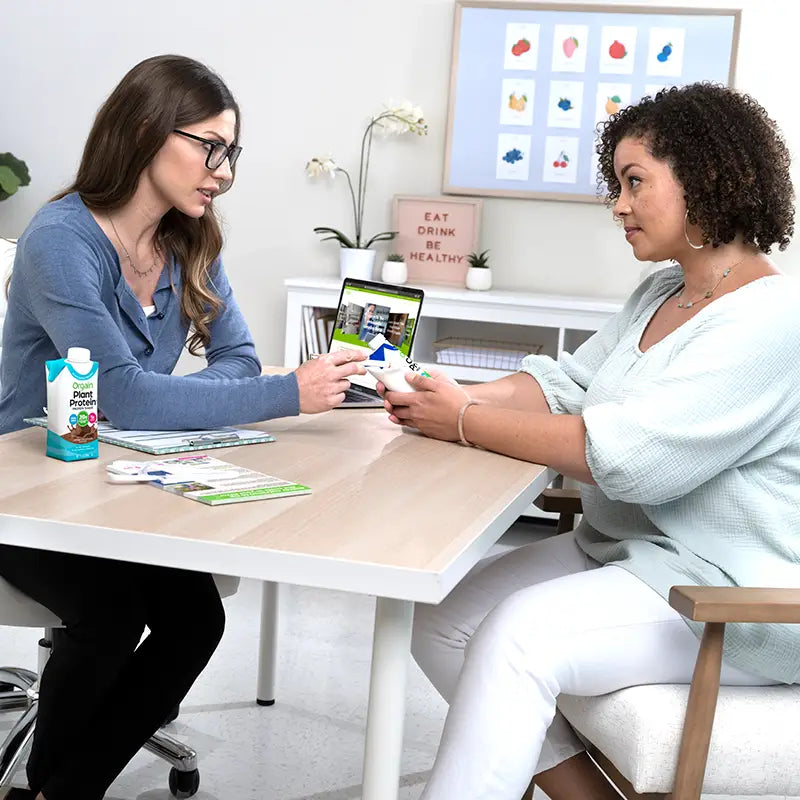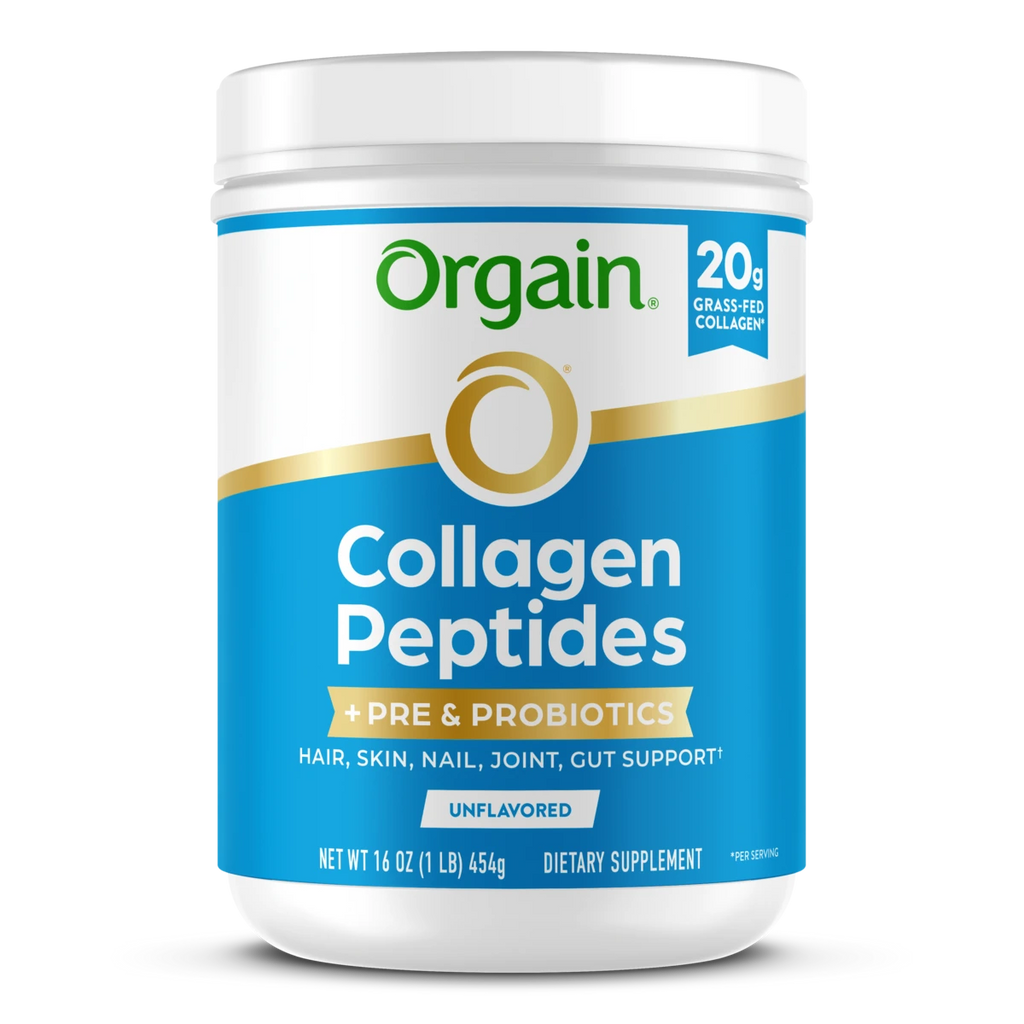The seasonal change from summer to autumn brings with it cooler temperatures, which means cozy sweaters and boots, but also dryer air. It may feel like a welcomed break from the humid and hot conditions all summer, but it can definitely irritate the skin.
That’s why November has been designated as National Healthy Skin Month by the Academy of Dermatology, a time to learn best practices to keep your skin looking and feeling its best throughout winter. Implement these dermatologist-recommended tips to keep your skin healthy:
- Wear sunscreen daily: The sun’s rays may not feel as warm, but its harmful ultraviolet (UV/UB) rays will still damage your skin and result in signs of aging like wrinkles and sun spots. Experts recommend applying a broad-spectrum, water-resistant sunscreen with an SPF of 30 or higher to all skin not covered by clothing, and this includes lip balm with SPF too. Many cosmetics and moisturizers that contain sunscreen are convenient for daily application.
- Exercise and manage stress: Managing stress by exercising and getting sound sleep will stimulate blood flow and circulation into your skin, promoting a healthy glow.
- Hydrate regularly: More water, more water, more water. Proper hydration is important for adequate body functionality, including your largest organ — your skin. Water rids your skin of toxins, leaving a more radiant-looking glow, and helps eliminate excess oil.
- Eat healthy: Eating a nutritious diet and incorporating more vegetables and greens will help oxygenate the skin and stimulate lymphatic drainage to reduce puffiness and inflammation. Consuming collagens can slow skin aging by reducing wrinkles and dryness, and increase skin hydration and elasticity. Try incorporating an easily absorbed, odorless and tasteless supplement like Orgain’s Collagen Peptides into morning protein shakes, soups or teas.
- Visit a board-certified dermatologist for regular screenings: Skin cancer is the most common cancer in the U.S., affecting one in five Americans in their lifetime. However, if detected early, skin cancer is highly treatable. Ask your doctor how to identify concerning spots in self exams and book an appointment with your dermatologist annually to reduce the risk.
Comment below to share your tips for healthy, glowing skin or share them on social media with #healthyskinmonth and #drinkorgain.

































